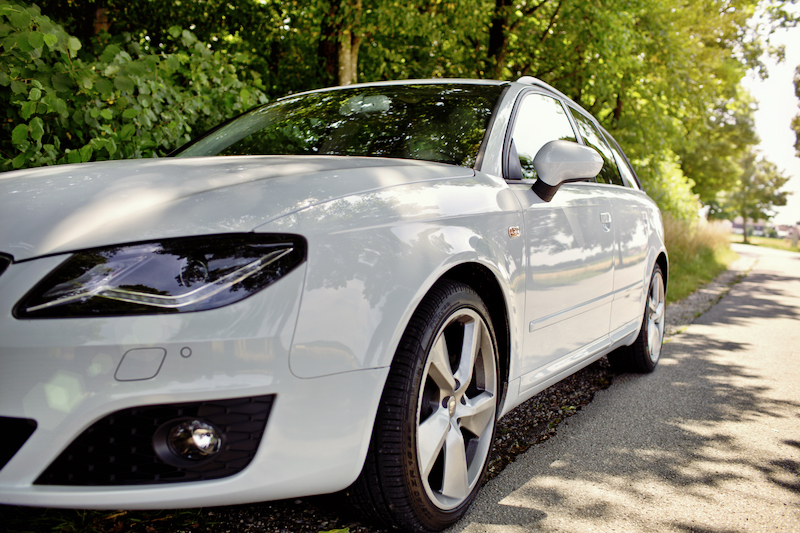We hear increasingly on how the climate is changing and how
important energy efficiency is. In architecture, glass films are
one of the key elements in achieving energy efficiency and by
installing thermal insulating glass films on car windows, energy
efficiency of cars can also be improved.
 Experts say that the key measure of quality for automotive
tints is the degree of heat protection.
Experts say that the key measure of quality for automotive
tints is the degree of heat protection.
This is most acute in the summer: it has become practically
impossible to drive without air conditioning. Still, in the
majority of cases, even air conditioning does not suffice as the
sun’s rays penetrate through the vehicle’s windows.
In intense heat, you can feel the sun burning your skin, so it is
not surprising to learn that dermatologists’ associations world
wide are recommending car tints as a part of necessary equipment
for all drivers, and especially for their youngest passengers.
This is the most common reason behind the decision to install
window tints, but once drivers get accustomed to driving with
tints, they no longer want to face the summer without them.
In USA and Canada, statistics show that out of every 10 cars, 3
cars have glass tints, while in Asian countries, out of 10 cars, 9
cars have protective films. Our market is far from this average,
but the general trend of using protective automotive tints shows
an increase, both world-wide and in our country.
Testing the films of the American manufacturer Llumar, for
which Black Glass is licensed, has shown that professionally
installed car tints can lower the temperature inside the vehicle
up to 20 degrees in the summer heat.
When air temperature exceeds 35 degrees Celsius in the summer
period and the car is parked in the open, exposed to the sun for
several hours, the interior of the car heats up, reaching
temperatures of over 60 degrees Celsius. This is why it is so
difficult to get into a car in the summer and wait for it to cool
off. With thermal insulating films, you can forget about this
particular problem. Whether you opt for darker or lighter shades,
quality films such as Llumar will provide you with almost
identical heat and UV protection.
By reducing heat, the vehicle interior becomes fresher and more
comfortable, reducing the need for air conditioning and
facilitating its work, which translates into lower fuel
consumption as well. Depending on how much time you spend in your car, this investment
can pay itself off through the savings in fuel consumption in one
or two summer seasons. Bearing in mind that the warranty period
for the installed films ranges from 7 to 12 years, this investment
definitely pays off.

